
The Post Secondary Transition Conversation
We talk about the ins and outs (and everything in between) of the secondary transition process for families of students with disabilities! Hosts Meghan (Smallwood) and Patrick (Cadigan) serve as supportive guides, leading families step-by-step up each rung of the transition ladder.
Also check out our parent website: https://www.postsecondarytransition.com
The Post Secondary Transition Conversation
073. DDA Eligibility Categories Fine Print
Hosts Meghan (Smallwood) and Patrick (Cadigan) discuss the eligibility categories for Developmental Disabilities (DD) agencies and what that means for families. They talk about the distinction between "Future Needs" and "Current Request" levels. They cover the "Supports Only" designation, and how that can require additional documentation. Additionally, they also touch on "Crisis Prevention" and "Crisis Resolution" for urgent needs, highlighting the importance of gathering comprehensive documentation to support these requests. Join the conversation!
Episode Keywords:
DD services, Developmental Disabilities Administration, eligibility, future needs, current request, choice letter, coordinator, supports only, crisis prevention, crisis resolution, documentation, appeal, transition process, resources.
Links:
Developmental Disabilities Agencies (page)
Episode 13 DDA Pt. 1 (page)
Episode 14 DDA Pt. 2 (page)
Episode 62 DD Agency Locator (page)
Maryland (specific) Links/Supports:
Developmental Disabilities Administration (site)
What is DDA? (page)
Completing the DDA application (page)
To download a copy of a transcript for this episode or any of our previous conversations, click here.
Also visit our Podcast webpage to find links to all of our other discussions; go to www.p2transition.com.
Additional information about post-secondary transition can be found at our website.
The Post-Secondary Transition Podcast Facebook page.
Visit our YouTube Channel to find additional video resources.
Intro/Outro music by AudioCoffee from Pixabay.
Transition music by Joseph McDade from Transistor.
Welcome, this is the Post Secondary Transition podcast where we have conversations around the ins and outs and everything in between of the transition process for families of students with disabilities. I'm one of the hosts. My name is Patrick Cadigan, and I am a public school transition coordinator. As always, I have a co-host, and who would that be?
Meghan Smallwood:I am Meghan Smallwood, and I'm also a public school transition coordinator.
Patrick Cadigan:We are actually back, like...
Meghan Smallwood:Holy moley!
Patrick Cadigan:Yeah, we've, like, I feel like our schedules have now, like, caught up and, you know, we had an opportunity to talk, and we can, like, throw out, like, hey, this is what we're going to talk about, and...
Meghan Smallwood:I know.
Patrick Cadigan:...this is what we're gonna do. So that's a good thing. So one, one topic, one topic that comes up all the time is eligibility for DDA services. Now, for the uninitiated, DDA or the Developmental Disabilities Administration, it is the agency that provides funding and services to individuals with disabilities.
Meghan Smallwood:And I think it's something that when you start that contact with them, it can be very confusing, because, as a state agency may do, they send out the same generic letter to every person who is applied, and you Get a lot of information that may not pertain to you, and it may be hard to interpret what the letter is telling you, and we'll go into a little detail about that, but as we always reiterated, it's good to use your resources. If you have a transition specialist at your school, reach out to them and show them the letter. I appreciate when families will send me a picture. So I can say,"okay, this is what it means," or "Don't worry about this," you know. So we just want to go through what everything means, so you have a better idea when you do get that correspondence from them.
Patrick Cadigan:We're going to presuppose a few instances, but we did want to kind of lay it out. All right, so now this is again for families who have applied for services through DDA. We encourage them to do so prior to 18. In fact, as transition coordinators, it's like, boom, you hit 14, it's a good idea to do this. Completing that application will then add your child to the list. And the reason that we're going to talk about this is is is that, again, we want to go back and remind everyone that DDA or DD services in general, because, of course, DDA is specific to where we are, at least the name is, but DD services, they're based on eligibility. It is not an entitlement. And so there is a limited funding assignment. So you have applied, and then you will receive a letter. Do you want to talk about that?
Meghan Smallwood:Yeah, absolutely. So ultimately, the eligibility level that you want to receive to get that full funding after 21 is for your individual to be determined as developmentally disabled, DD-eligible. So that means that they understand that the disability was manifested before age 22 and that your young adult will be unable to live independently without some support or regular assistance moving forward. So that is what you want to see on the letter. And it's like one sentence, like I said, in a whole document of other things that they send along. But you want to look for that DD-eligibility, and then there's different levels of that. So if you apply prior to 18, which we advise, just to make sure that DDA knows your young adult exists and puts them on the database, you may get a Future Needs level. And what's confusing when you get that letter is it'll say we recognize the level of need. However, there's no funding available. That just means it's because of the age. They're too young right now, since it's, you know, transitioning you the 21 but they put your young adult on the registry, and they're just not going to get any direct services like with a coordinator yet. Okay, but Future Needs is fine. Once your young adult reaches 18, that's usually when it'll switch over to something called Current Request, and that's recognizing that the services will be needed within that three year window when they exit the school system.
Patrick Cadigan:So you are seeing, if you see Future Need, that indicates that you have been found DD- eligible, however, you just won't need services yet. I'm actually going through this with one of my students right now that the coordinator who I was emailing back and forth, they threw out just like Meghan had said that when said student turns 18, make sure to respond back so that we can...
Meghan Smallwood:Change them from Future Needs to Current Request.
Patrick Cadigan:Oh, yes, thank you.
Meghan Smallwood:Yeah, and that usually requires contact made from your end, or if you have a transition, special. List at school there and with DDA, because, you know, DDA has a list of thousands of people, so we want to make sure that that your name is pulled up and that they recognize it they're turning 18, and then they will send you something called a Choice Letter in which you would select a provider agency for a coordinator.
Patrick Cadigan:So we've gone through this process now. The family, they received their DD-eligible letter, and it was late categorized as Future Needs. Eventually, what will happen is, is that once the student hits around the age of 18, they'll change it over to Current Request, but they will receive that Choice Letter to choose a Coordinator of Community Service...
Meghan Smallwood:Right.
Patrick Cadigan:If the family doesn't choose one themselves, what happens there? Like if they if they simply don't respond?
Meghan Smallwood:It used to be that they automatically were randomly assigned to an agency. But lately, and I don't know if it's just that the agencies has been overwhelmed with cases, I've seen where it just kind of sits and nothing's really happening, which makes me nervous, because then you get to the point where you're closer to 21 and there's nobody on top of it for them. So I highly recommend if you know your individuals charting 18 to just stay on top of it, if you haven't heard from a coordinator, then you know, reach out again to your transition specialist or the eligibility specialist at DDA to find out who your connection should be. Also, I think it is a good opportunity for you to select that agency rather than be randomly assigned. So you have some input. You know, talking to other families to hear who they've worked with or what their experience has been can help. But also remember that it really comes down to the coordinator more so than the actual agency.
Patrick Cadigan:Meghan, let's say that a family has chosen an agency, however, they are unhappy. Are they stuck with that agency forever?
Meghan Smallwood:Absolutely not. You're not even stuck with that coordinator forever. If you really are not, you know, feeling that connection, or if you're not getting the communication you like, you can always ask the supervisor to switch to a new coordinator. That doesn't work. You can always reach out to the eligibility specialist, the DDA to switch agencies. It is not a long process like I've seen, you know, a week or two, turn around for families, and then you can just move forward from there. But I did want to jump over because you mentioned between future needs and current requests that is being recognized as full support that is DDA eligible. Now I've seen families get a letter back that says supports only, and it the wording is a little confusing, because it says it recognizes that there's a level of need, but it supports only. So it's not that great of a need, and it can be a little misleading, because there is no funding for supports only. DDA is limited because of what it has, and it's only going to provide funding for those who have full funding given to them. So if you do see supports only, that means what I tell families is that more documentation is really needed to show that level of need, that long term level of need for your young adult as they get past 21 I've had families who we know that the young adult will need that, but the documentation that was sent might have been too old. So when I say documentation, I mean like a psych assessment or an educational assessment. It might have been six years old. Well, DDA wants to know that that's still the case now, here now, and a lot of times, if you get a supports only decision, or if you get it said that says we have determined the individual ineligible, there's usually a box underneath that that will tell you their reason behind it, and it'll reference this psychological assessment by so-and-so is from 2010 please send further documentation. Or what I've seen lately is the disability code, if they have a disability code that is not a cognitive disability. DDA is kind of drawing that as a red flag to understand why there's more support needed so it can be worked through. You just have to know and talk to people who understand what it means to help you get through it all. The other thing is, when you do get a supports only or ineligible decision in that packet of papers that you get from DDA with that, you know, one important sentence, they will also send information about an appeal. So if you feel like the decision that was made is not accurate and you want to appeal it, there's paperwork that they send and. Can simply be filled out and sent with the additional documentation that they need or further explanation about it, so that is included in the packet.
Patrick Cadigan:And one other thing worth mentioning is that, again, different families experience different challenges and they have different circumstances. So in some cases, there is a different priority level that are referred to as both Crisis Prevention and then Crisis Resolution. Meghan, did you want to talk about each one?
Meghan Smallwood:Yeah so I've had families who have asked, you know, well, is it possible to get any support before 21 we're having a very hot, tough time and again, like Patrick said, it's individualized. If you, you know, just feel like you need more help, or it's just like they're going to be very particular. They have criteria, and you, you will have to plead your case. But for Crisis Prevention, they recognize that there's an urgent need. So that could be that the caretaker is too old or has health issues and is unable to care for them. This could be that within the next year, like they know something bigger is going to happen, and they need to be alert to it. So it's just pleading the case that we're going to need some funding sooner than later. Crisis Prevention, kind of putting you on like, status, like, okay, there might be something coming up, but let's see if other supports, because that's the other thing too. DDA is going to look to see what else you're accessing in the community to help you with your need before they venture up to DDA funding. So coordinator may recommend that you look at the local health services office, or have you accessed other waivers that are available so they might put you in touch with other resources before they bump you up to a status where, okay, you have, it's still not helping, now we need to look at it together. With Crisis Resolution that's a little more severe, and it's saying we need the help right here/right now. And I've seen cases where it's because the family lost their home and they have nowhere to go, and so they they need support. A lot of times, it can be the level of physical aggression towards themselves or others has significantly increased, and it's dangerous. And again, it could be the caretaker not able to manage them. It...I've had coordinators, typically, the coordinator will have to come out, meet with the family, they gather additional documentation, and they submit the information to DDA to determine whether the individual would fit this priority category. And I've had families who have like, you know, really worked with the coordinator to explain to them and gather things like hospital records, doctors notes, things like that, to show it, but it just keep in mind it's not given lightly, and we know that there's families out there who really do need that support. So if you really feel like it's it's your situation, make sure you're talking to someone to see how to get about doing that.
Patrick Cadigan:All right. Well, fantastic. Well, I think that that was a really good conversation to have. This is something that has come up now. I'm a fairly new transition coordinator, which is to say new to the process itself, and to be perfectly frank, and I tell my families this all the time. In some cases, I am learning with them, and we are going through the experience together. And I'm like, Hey, this is, I don't know, let's go find out.
Meghan Smallwood:Yeah, and I can tell you, even being in charge of the whole transition team for the county, I still have cases that make me scratch my head, and I'm like, "Huh!" I'm gonna contact my people and find out, because it's so individualized, you know? And but that's what I love. Like, when you learn different cases, and then you can refer back to them, like, "Oh, I remember in this situation." So we're always building and we're always learning.
Patrick Cadigan:Just a reminder, we have had a conversation around DD agencies in the past. There will be a link in the show notes to that. There will also be a link in the show notes to some additional resources that we feel like can help families out. But yeah, this was a conversation that we wanted to have, and I'm glad that we finally are back on a calendar track and could do it.
Meghan Smallwood:Me too, it's been quite the busy year, but you know, all good things.
Patrick Cadigan:All right, and we still have more to come, but we thank you guys for joining us, and we will talk to you soon.
Meghan Smallwood:Thanks everyone.
Patrick Cadigan:You'll find all the links to the information from our conversations in our show notes. We would love for the information from this and all our other discussions to. Reach as many families as possible, and we need your help to do that. You can find our conversations at www, dot p2 transition.com, like, follow and share out the podcast. Our conversations are posted to all the major platforms, including Apple podcasts, Spotify, YouTube music, and that's just naming a few. So please share and share often.
Meghan Smallwood:Please also check out our YouTube channel. Now that we've done some of the leg work for you by curating videos of topics that revolve around transition, we have playlists for guardianship alternatives to guardianship ABLE accounts, and there's more to come. So please be sure to subscribe there as well. And then finally, check out our website, which is full of information and links to resources around the transition process. So open your web browser of choice and surf to www.postsecondarytransition.com and we thank you so much for the time you spent with us, and look forward to talking again soon.
Podcasts we love
Check out these other fine podcasts recommended by us, not an algorithm.

T21Mom-A Down Syndrome Podcast
T21Mom.com
The Collaborative IEP
Ashley Barlow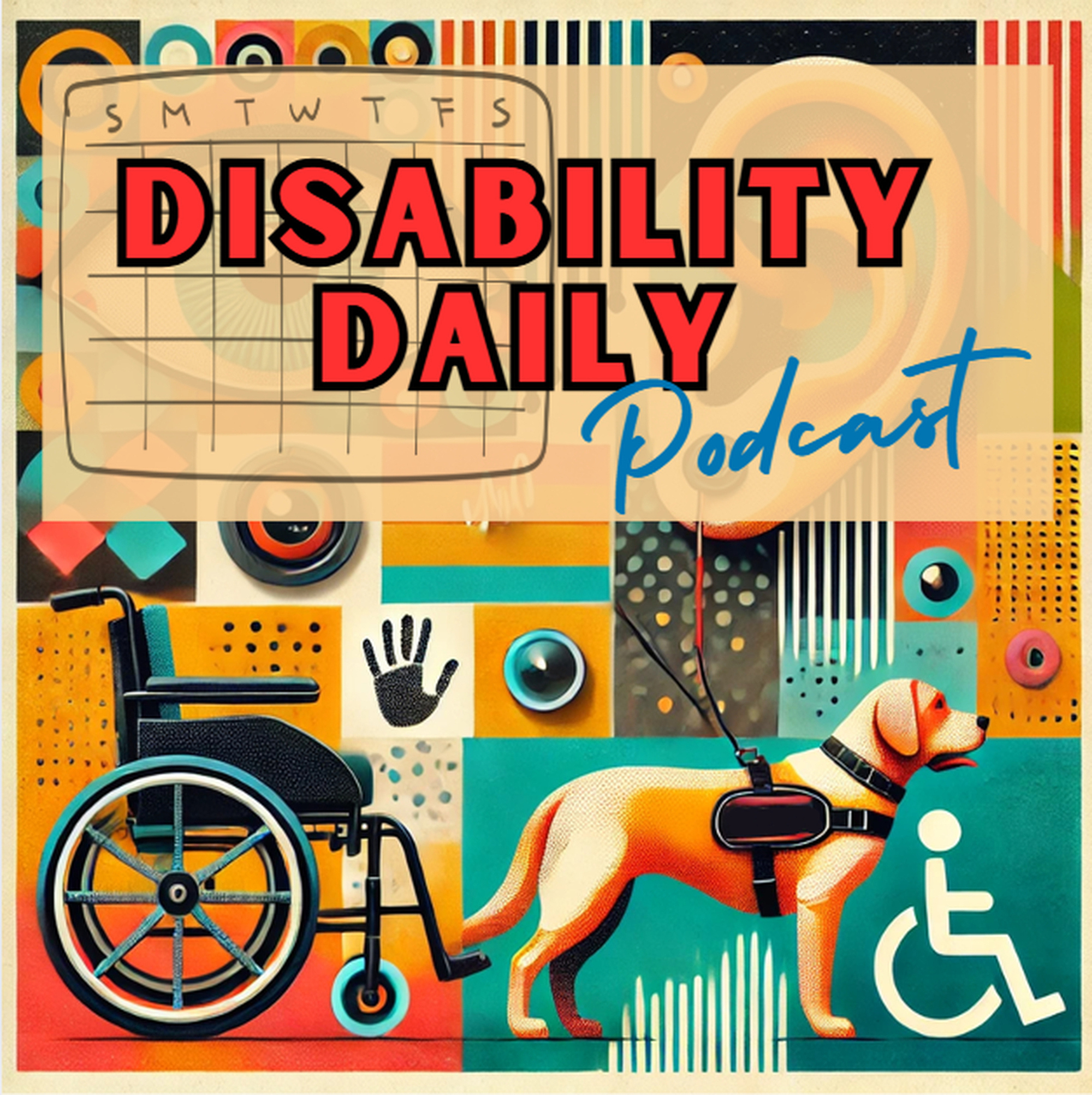
Disability Daily Podcast
Katie Healey, PhD, CPACC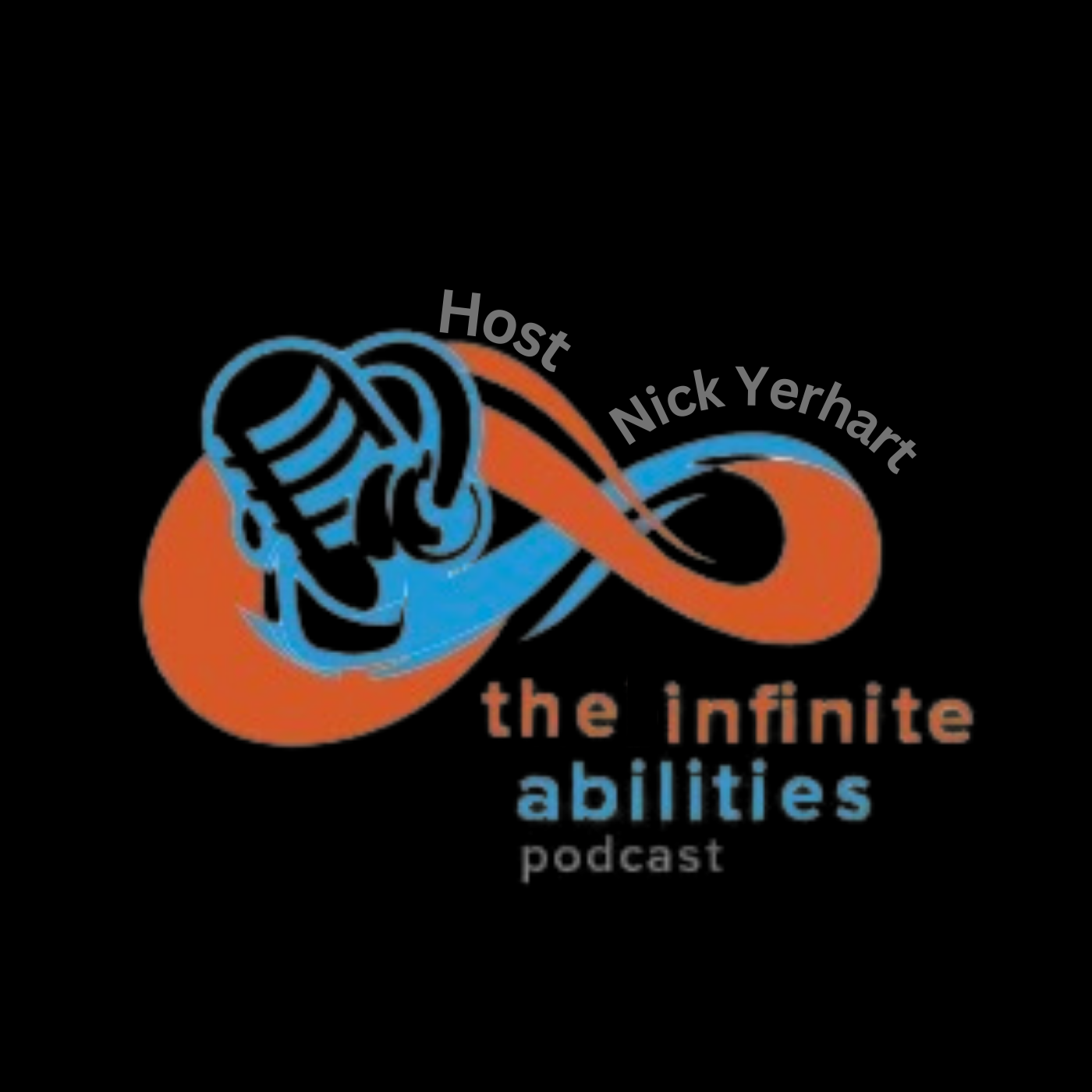
The Infinite Abilities Podcast
Nick Yerhart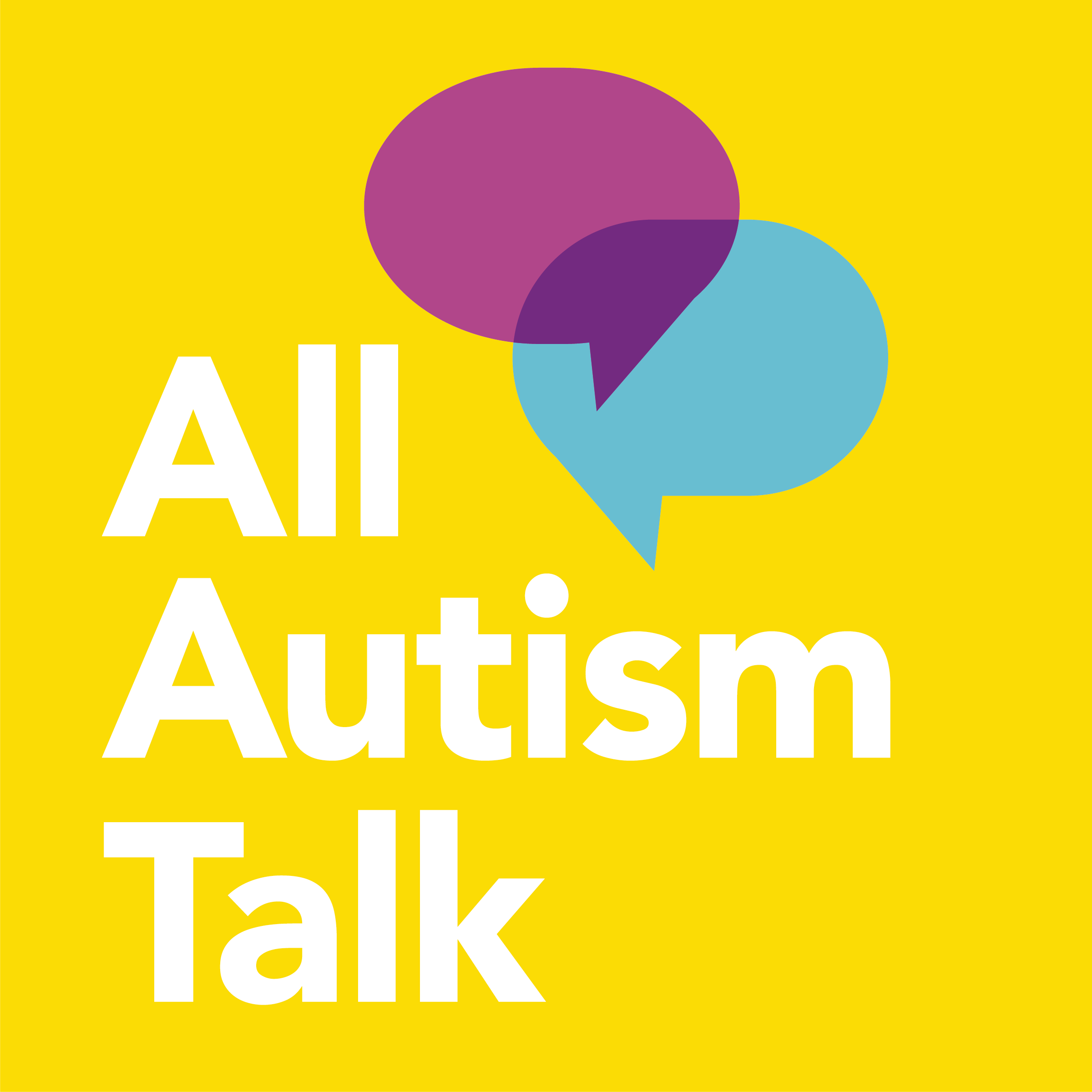
All Autism Talk
All Autism Talk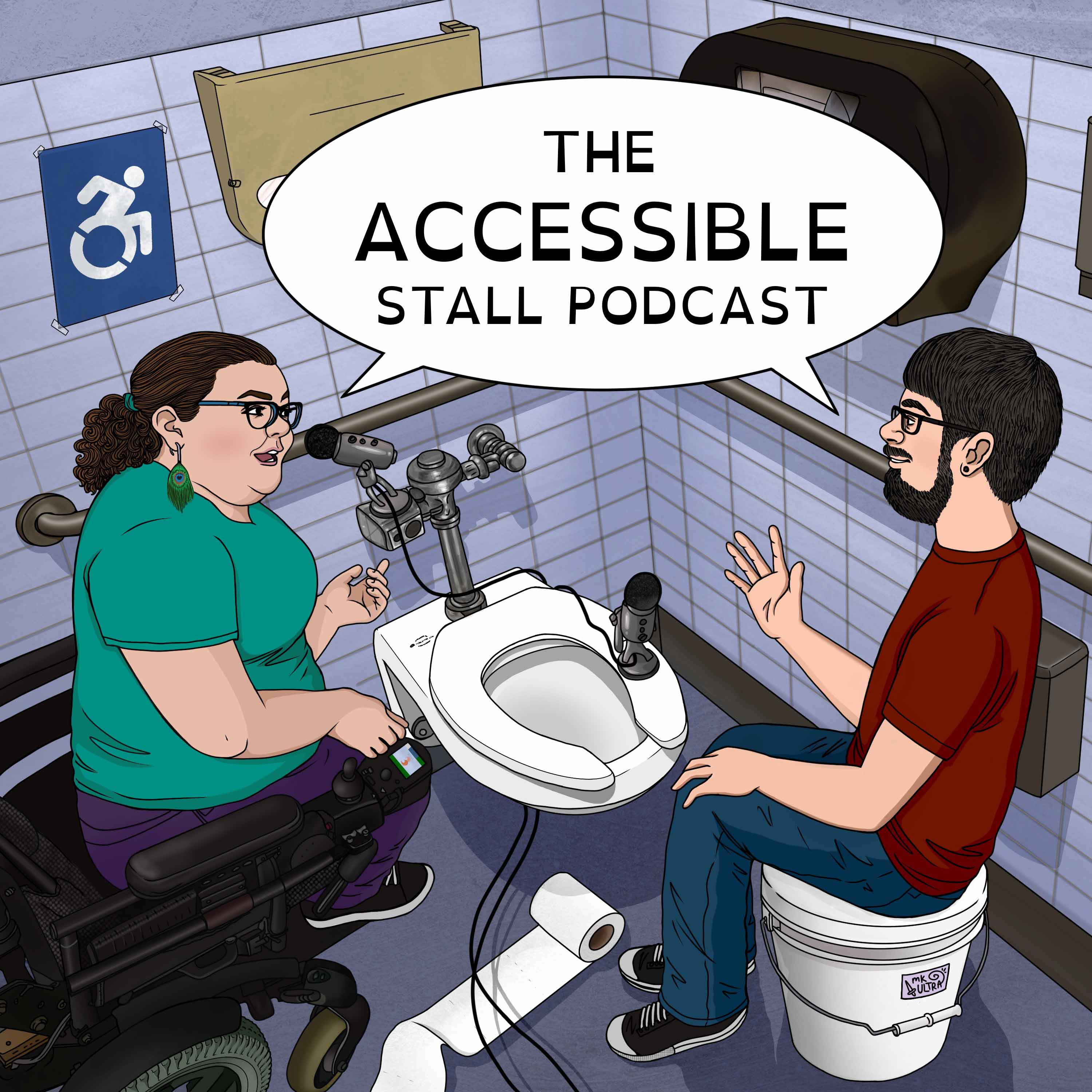
The Accessible Stall
Kyle Khachadurian and Emily Ladau
Disability Deep Dive
Disability Rights Florida
STAY Tuned: Supporting Transition-Age Youth with mental health conditions
STAY Tuned at Transitions to Adulthood Center for Research
Moms Talk Autism Podcast
Shannon Korza, Brittney Crabtree, Tash Dillmon, and Jean Mayer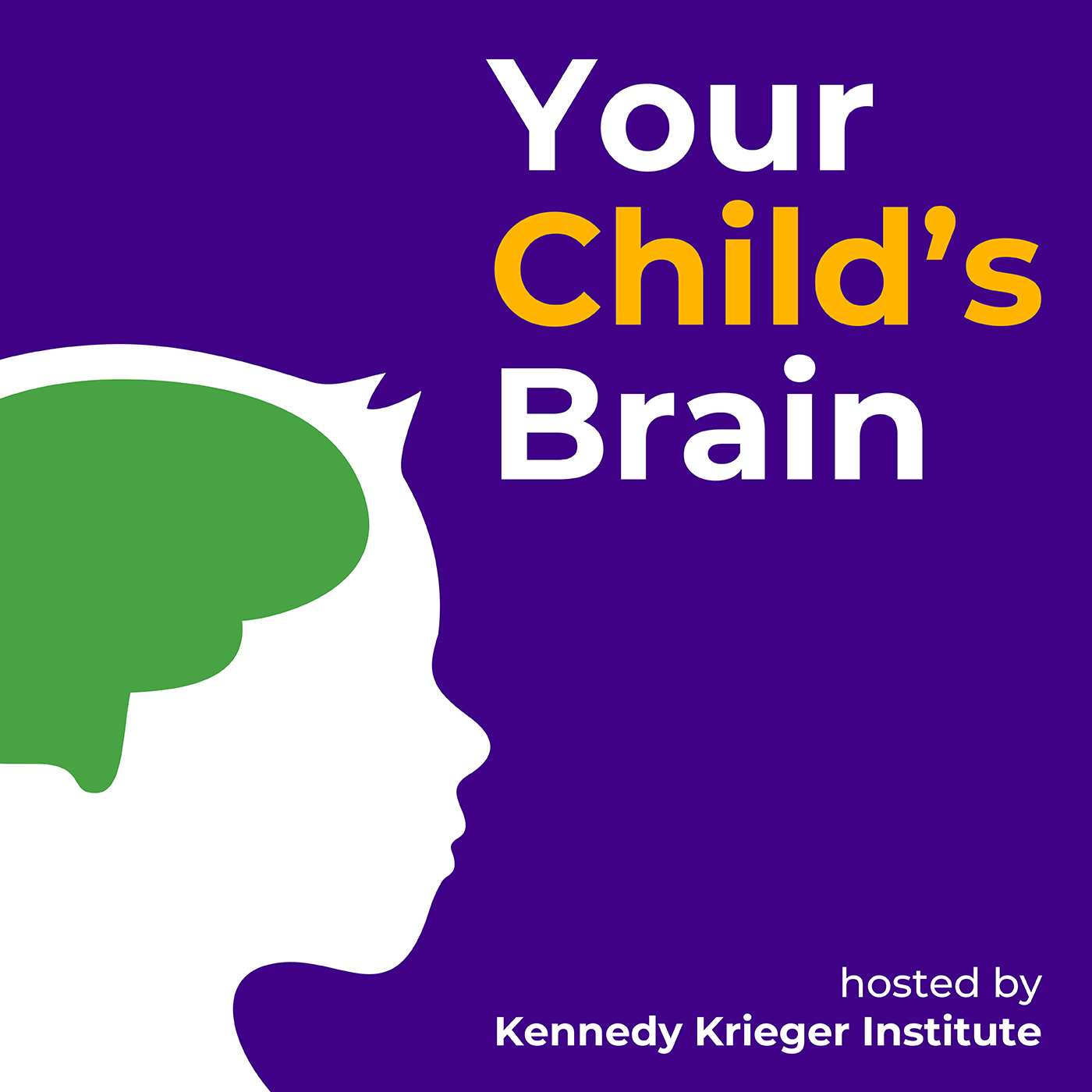
Your Child's Brain
WYPR Baltimore


